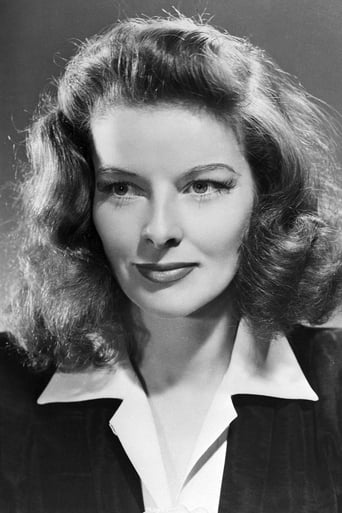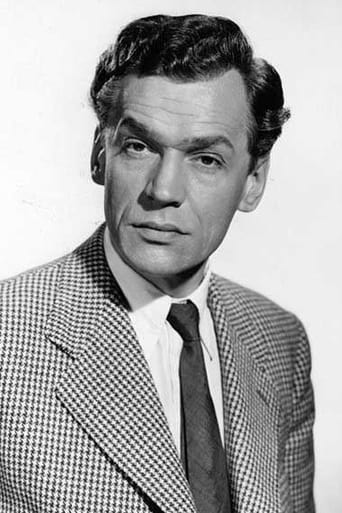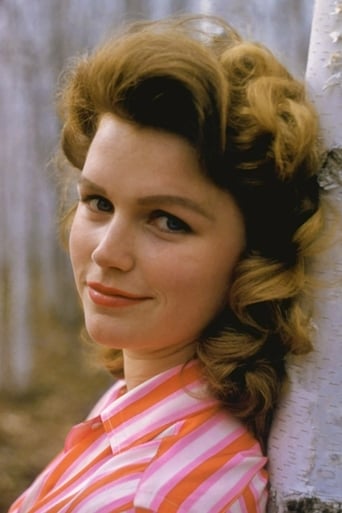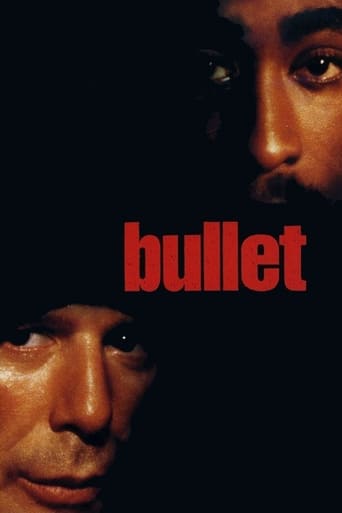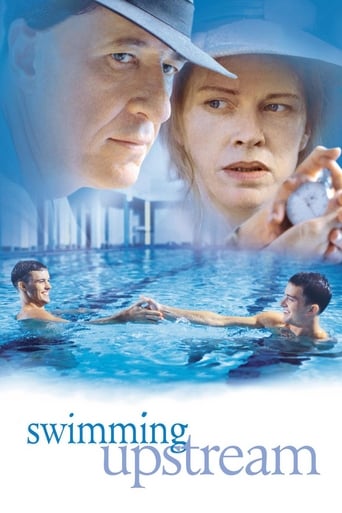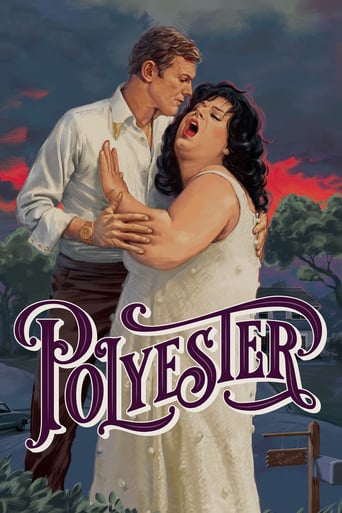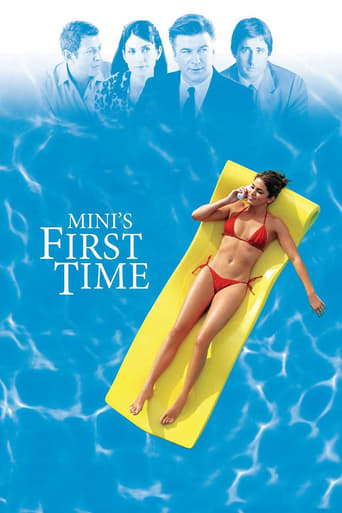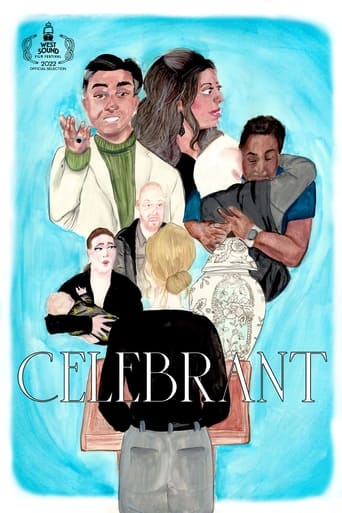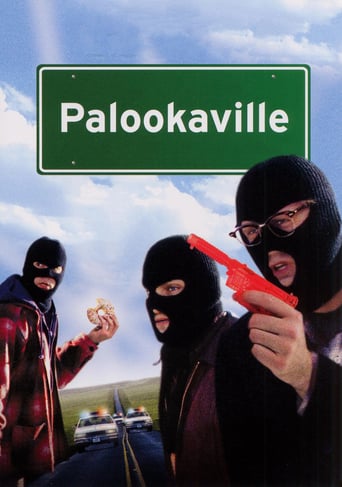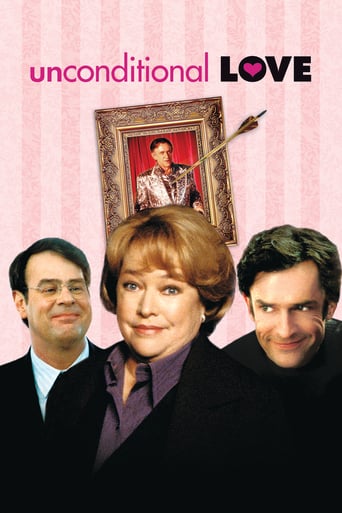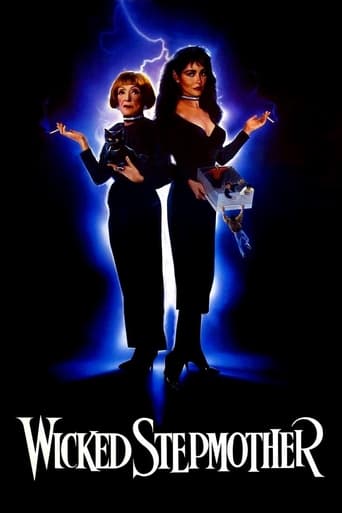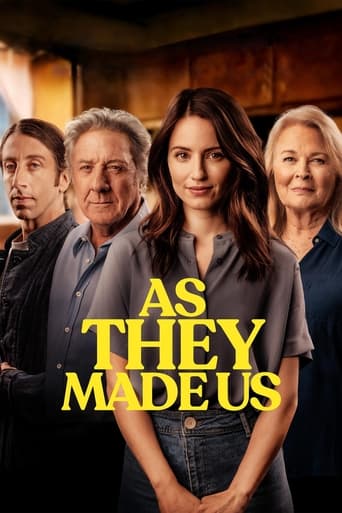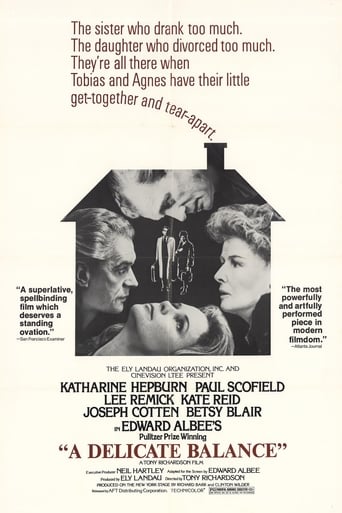
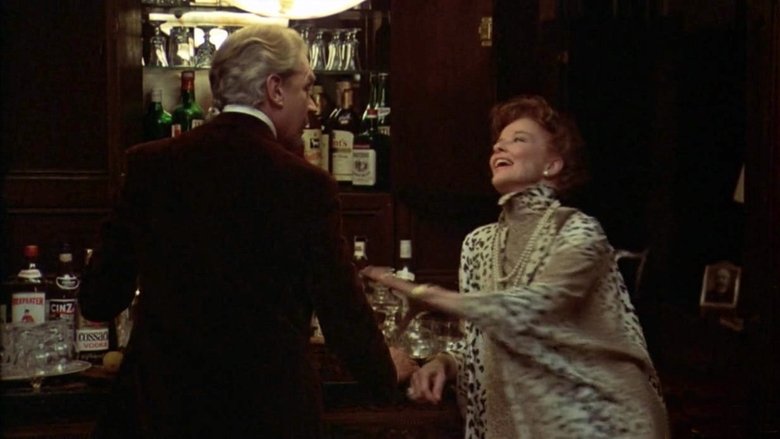
A Delicate Balance (1973)
In their nice Connecticut home, Agnes and Tobias have grown used to the imperfection and fragility of their marriage. Quietly nursing their grief over the death of their son, they get by well enough together. Agnes' boozy sister wanders in and out, and they allow anxiety-stricken friends to move into an upstairs room. But, when their daughter, Julia, shows up announcing her fourth divorce, long-repressed emotions come to the surface.
Watch Trailer
Cast


Similar titles
Reviews
There is no music in this superb autumn melody. The words in the mouths of the characters are by Edward Albee and that is music enough. Katharine Hepburn plays Agatha, a close relative of the actress if I ever saw one, Paul Scofield is amazing playing the mild volcano of a husband promising eruptions that when they come they are so civilized that, irrigate rather than decimate. Kate Reid, took over from the extraordinary Kim Stanley and as sensational as Miss Reid is I can't help wondering what Stanley would have done with "a" alcoholic like Claire. Lee Remick is the perfect offspring for Hepburn and Scofield. Selfish, tenuous, childish, rich failure. Joseph Cotten and Betsy Blair are the catalysts, they and their fear, their plague coming to contaminate the contaminated. For film and stage gourmets this is an unmissable treat.
Of course, "A Delicate Balance" can not be spoken of without referring to some way to Albee's other masterpiece, "Who's Afraid of Virginia Woolf?" I think the Pulitzer that "A Delicate Balance" won was supposed to be shared by "Woolf," which was rejected at the time for being too vulgar.Not to say that "A Delicate Balance" is not a worthy dramatic work. It's an incredibly intelligent script; Albee makes broad statements about love and aging here that might be missed in a first viewing. Yet "Woolf" shows a much smoother weaving of absurdism into matters than "Balance." I was far more convinced by George and Martha's "son" than I was by Harry and Edna's "terror." As far as transitioning from stage to screen, I thought "Woolf" was also much better, but mostly because of Mike Nichols and Haskell Wexler, the cinematographer.The cinematography here, I felt, was meant to look as much like a stage play as possible. And at times, I liked it. And the acting is so good in this movie (for the most part) that I was still hooked. But the whole time, I was thinking, "What if Mike Nichols directed this?" Alas, because there is no music either (it would have been nice), we're left only with the acting. And what a fine cast. Katherine Hepburn has a difficult role to pull off with Agnes; she is both the "fulcrum" of this family and, admittedly, part of its defeat. And she does it so well. There is this agony in her eyes towards the latter half of the film that you just can't look away from. And I like her mannerisms, the way she toys with words, the voices she does. Sure, sometimes a few words are lost, but it seemed fitting to the character. Agnes makes speeches (Claire and Tobias have a nice dialogue about this after Agnes's first exit), and I think she makes them for herself as much as she does anybody else. And Hepburn makes it all intriguing. She holds her ground as arguably the finest actress of American cinema.Paul Scofield ultimately disappointed me. Yes, he is bland and ineffectual, and despite the strength in his eyes, the confidence of his body language, he never quite makes a difference. He pulls all of that off well. And he does have one fantastic moment where Agnes says, "I'm not an old woman, am I?" and, perhaps inspired by Claire and her accordion and drunkenness, grabs her chin and playfully says, "Well, you're my old lady!"--the most life we've seen in him the entire film--and Hepburn just rejects him. The way he pulls back and returns to his shell is painfully uncomfortable. But then, there is what Albee calls in the script an "aria" at the end, in the scene he has with Harry. This is Tobias's moment; the moment I waited for the entire film. I felt that Scofield botched it. He sits through almost all of it. He says only one or two of the lines with any real power, the kind of power Tobias should be storing up the entire movie. And at the end, when he cries--much too late, in my opinion--it is pathetic and almost ignored by anyone else in the room. (As the women do enter halfway through.) Anyway, I was really let down by this, and I think it's the biggest mistake this adaptation made.Meanwhile, Kate Reid practically steals the film when Hepburn isn't looking. She's absolutely fantastic as Claire. What I really loved was how Reid managed to find the sympathy in Claire. Claire was once played by Elaine Stritch--can you imagine? How terrifying. But while Reid manages to reach those levels of darkness that Stritch probably could, she also turns her twisted past into something that makes her sympathetic of others. She knows pain. And by god, if she doesn't sound EXACTLY like Elizabeth Taylor in "Woolf." It's eerie, but for fans of Albee, incredibly comforting in its familiarity. As if, "This is the way to portray an Albee woman." And she also creates a unique chemistry with each character. I loved the relationship between Claire and Tobias, and the way every "act" of this movie (except for the ending) closed with the two of them. They have a bond that Agnes is wary of. Also, notice the strange way she interacts with Harry. It's rather terrific, and never truly highlighted. Lee Remick was on and off here, but as one of the other reviewers pointed out, it's not a fully-realized role. Imagine: a woman of thirty-six divorced four times already. Where is the sense of failure, the constant rejection, the bitterness? Julia goes from being rather calm, smoking casually and turning her nose up at her mother, to a level of hysteria that would make Tennessee Williams wipe the sweat from his brow, with no clean transition. A confusing role.Finally, Joseph Cotten and Betsy Blair. Once again, not fully-developed characters. Joseph Cotten played the role as I expected him to, and that's not a bad thing. He's a terrific actor. He doesn't necessarily make any mistakes here. Betsy Blair was on and off for me, and this I felt was her acting. There was a tentativeness in her voice, a resistance to really attacking the role of Edna and making her, honestly, as unwelcome as she was in this house. She is interesting in that she begins to take over for Agnes the longer she stays (there is a shot of Hepburn realizing this, and the look of horror on her face is absolutely brilliant), but I felt that Blair could have gone further with it.I think "A Delicate Balance" is, as others have noted, a movie for Albee/theatre fans only. It's not cinematic ally engaging, but if you are familiar with the script, you may enjoy seeing an interpretation of it, particularly with Hepburn and Reid.
The scene is an upper class house in Connecticut. The residents are an old married couple who've had a mostly sexless marriage, an alcoholic sister, a much married daughter and a pair of irksome neighbors who've had a major anxiety attack and move in with their friends. The text is very witty and insightful, but it does not contain a single original idea. It was not original when first presented, but had I seen it in 1973 I would have given it a kinder review. We get wiser and more honest as we get older. The cast is excellent, save for Katharine Hepburn, who can only play herself. I have seen every film she ever made and have come to the conclusion that the secret of her success lay in always having been cast as a character whose personality was very close to hers. Paul Scofield, Joseph Cotten, Kate Reid, Betsy Blair and Lee Remick were true to the spirit of the text and executed their roles very well. Edward Albee's interview is an important part of the DVD. I very much enjoyed his penetrating comments about casting and the choice of Mike Nichols as director.
Fans of Edward Albee and Katharine Hepburn will find things to savor in this haphazard filming of the marvelous prize-winning play. But it's not always easy. Based on the slapdash direction, the piece looks as is the actors spent the requisite time rehearsing the play itself, and then the filming was done quickly and cheaply. There are a series of generally long takes, but the staging looks more suitable for a proscenium stage than a film. And this is what separates a mediocre talent like Richardson from, say, Mike Nichols who did a far better job dealing with a (largely) confined space in the film of "Virginia Woolf." The result is that "Balance" comes off as stagy - a more inventive director could have avoided that without changing one line of the text."Balance" consists of a lot of mid-shots and close-ups, which doesn't serve all the actors well. This is particularly true of Kate Reid who plays the alcoholic sister Clare - Reid's performance might work well on stage, but with all her tight closeups during long speeches, she tends to overplay and make the character more gratingly tiresome than she should be.The other casualty in the cast is Lee Remick, as the volatile, childish, much-married daughter of Hepburn and Scofield. But in her case it's Albee's writing that's the problem. This character is poorly conceived and developed - and no actress I know of has managed to make it palatable.But Hepburn is in excellent form as the proud matriarch Agnes - perhaps a little more coarse at times than Albee intended, but very effective. Scofield as her passive-aggressive husband Tobias is marvelous until he mars his important penultimate scene with too many actorish vocal tricks. Joseph Cotton and Betsy Blair as the old friends who come to Agnes and Tobias to escape the terror of collective loneliness are both good individually, but never seem to be a long-married couple.Those not familiar with this play may be slightly turned off by the presentation and think the piece itself is second-rate. Not so. This film may be best for those who have seen it before or are familiar enough with Albee to take the film with a grain of salt and appreciate what's good about it.


